|
Both Anushka and Lubis had the opportunity to attend summer schools to pick up new skills and develop a better understanding of existing skillsets. Anushka: I received a travel grant from IRIThesys Berlin (Humboldt University) to attend the summer school in Berlin on "Transformative Human-Environment Research & Participatory Methods: From Co-production to Co-producing". The summer school allowed for 20 researchers across the world to exchange their research stories about using transdisciplinary approaches and methods in today's reseach environments. The participants had discussions on the political ecology of transdiciplinary studies and the methods and approaches employed. Interesting ideas were exhanged about the co-production of knowledge with multiple stakeholders. I had the chance to present my masters and PhD work and learned about the various philosophical viewpoints and methodologies being used in current social science research. The most memorable part of my experience was being able to connect with researchers from very different background but all sharing a sense of responsibility towards their study landscapes. A short 1 day field visit to Spreewald was another highlight of the summer school, where IRIThesys has long-term presence and research engagement. Lubis: I was very lucky to be able to attend the course on occupancy modelling approach conducted by the one who introduced this occupancy framework the first time. This statistical modelling is very useful for my wildlife research since we could measure the errors during the process of data collection as well as the nature of the data itself. When conducting a research about the species occurrence (or co-occurrence), we sometime could not find the species of interest. The species may be there but we did not detect it (false absence) or the species was truly not there (true absence). By estimating the detection probability, this occupancy approach improves the estimation of probability of species occurrence.
In this workshop which was held in Hacetteppe University in Ankara-Turkey in early September 2019, I learnt different kinds of occupancy modelling based on the questions and the availability of data. For example, the multi-season modelling can be used to estimate the colonization and extinction probability of a species if we have time series data. This is very useful for wildlife conservation and management. The most memorable thing was to meet Darryl Mackenzie himself and to have taught by him directly about this hierarchical modelling. Previously, I only know him from the books or articles he wrote, so it has been a moment of excitement. I was also glad to meet people from different part of the world who have the same interest in saving biodiversity especially the big cats such as tigers and snow leopards. These are some photos from the course. The workshop lead by Darryl Mackenzie who developed this occupancy framework himself with other scientists. We had very nice conversation and sharing about the works we have done. He is a brilliant statistician and all the questions that I have been prepared before attending this course were clearly answered by him.
0 Comments
|
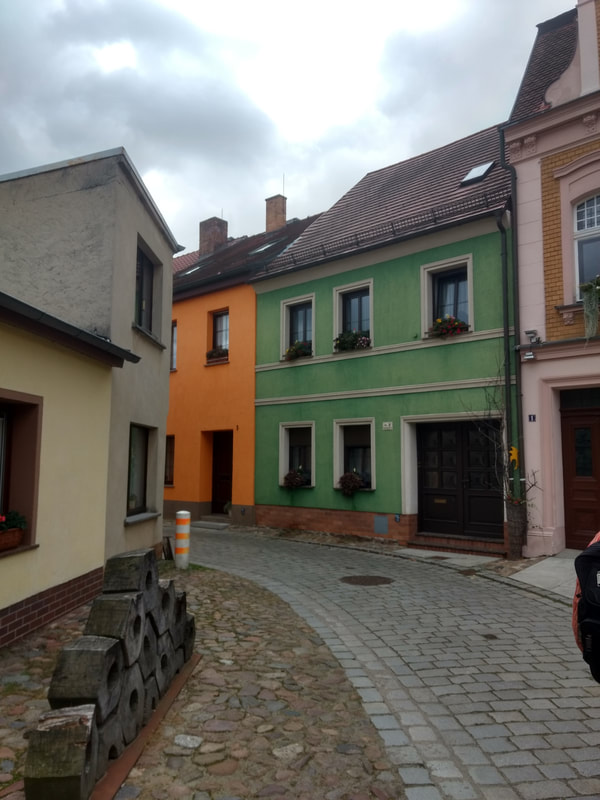
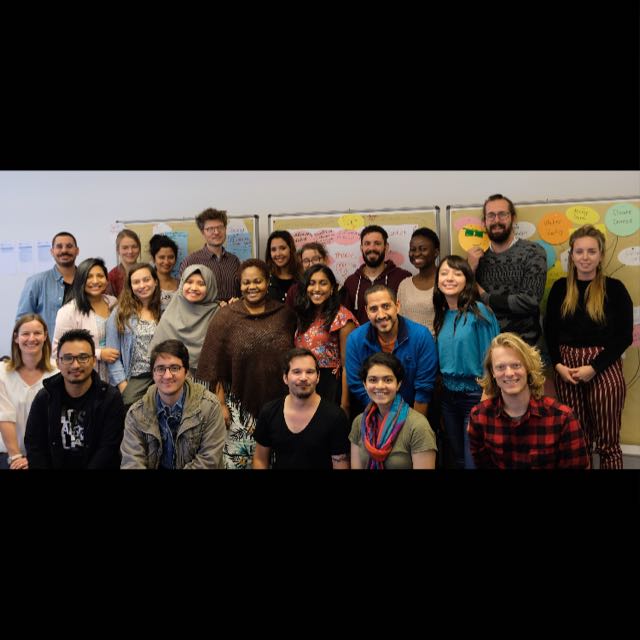
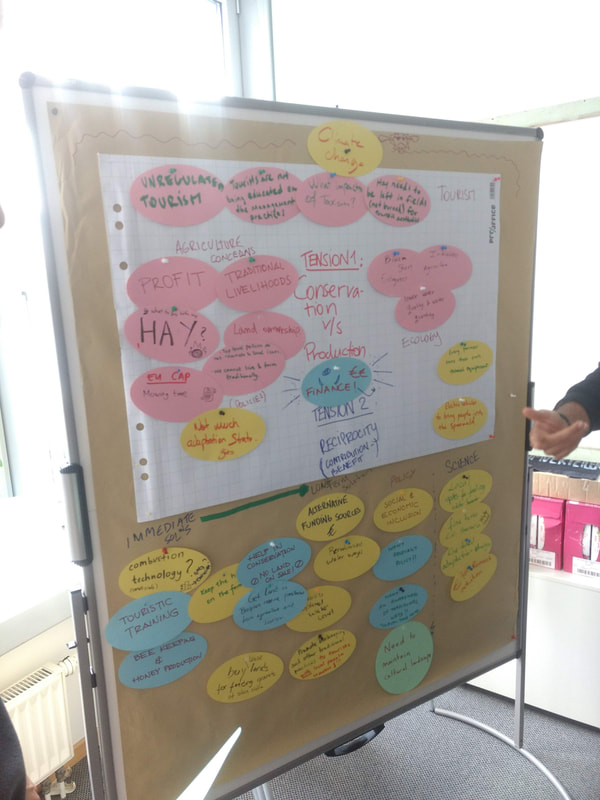
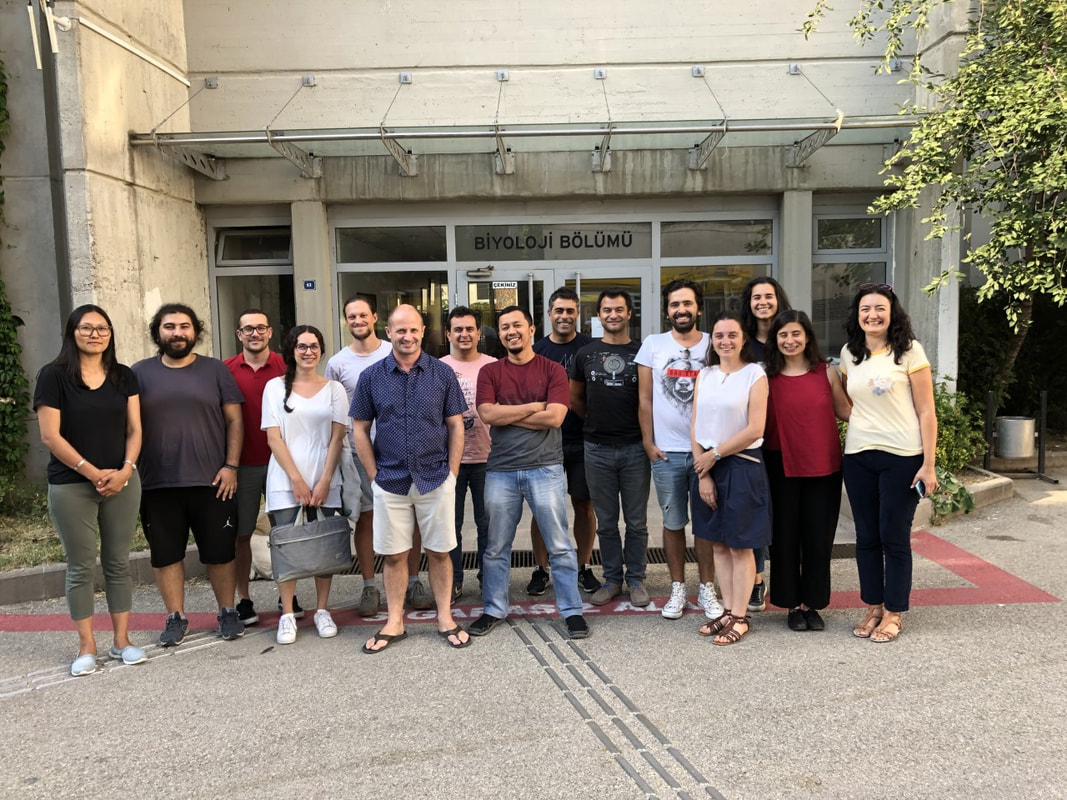
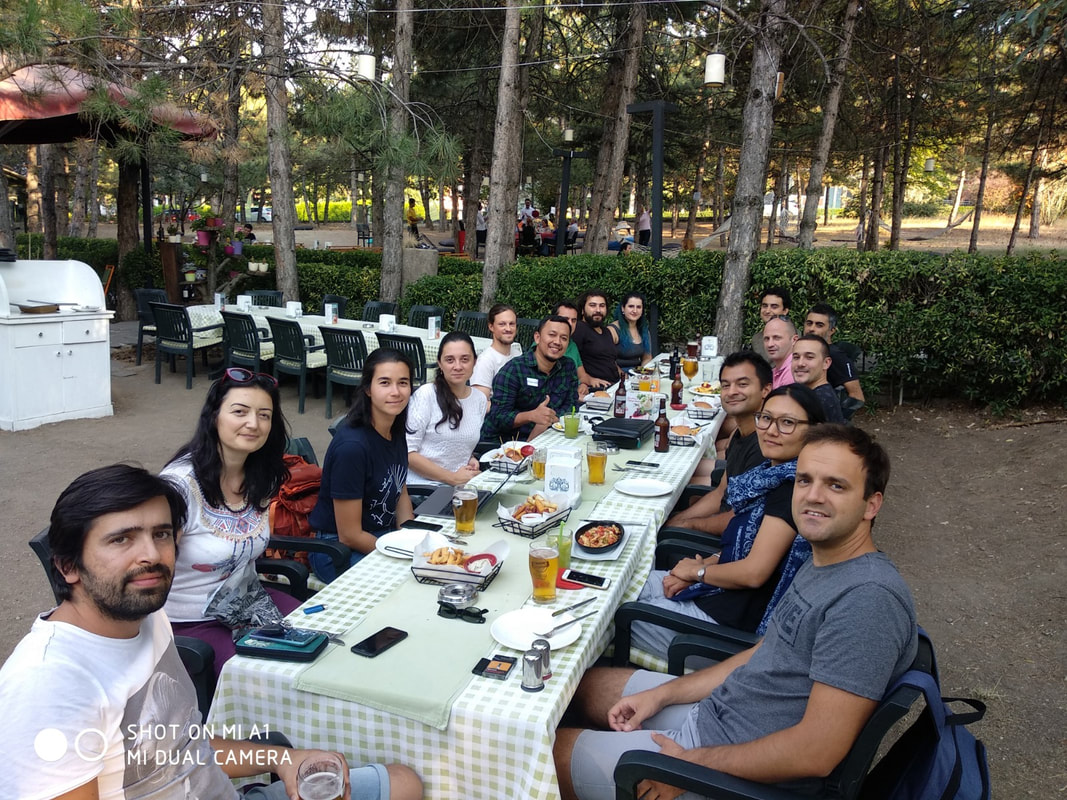
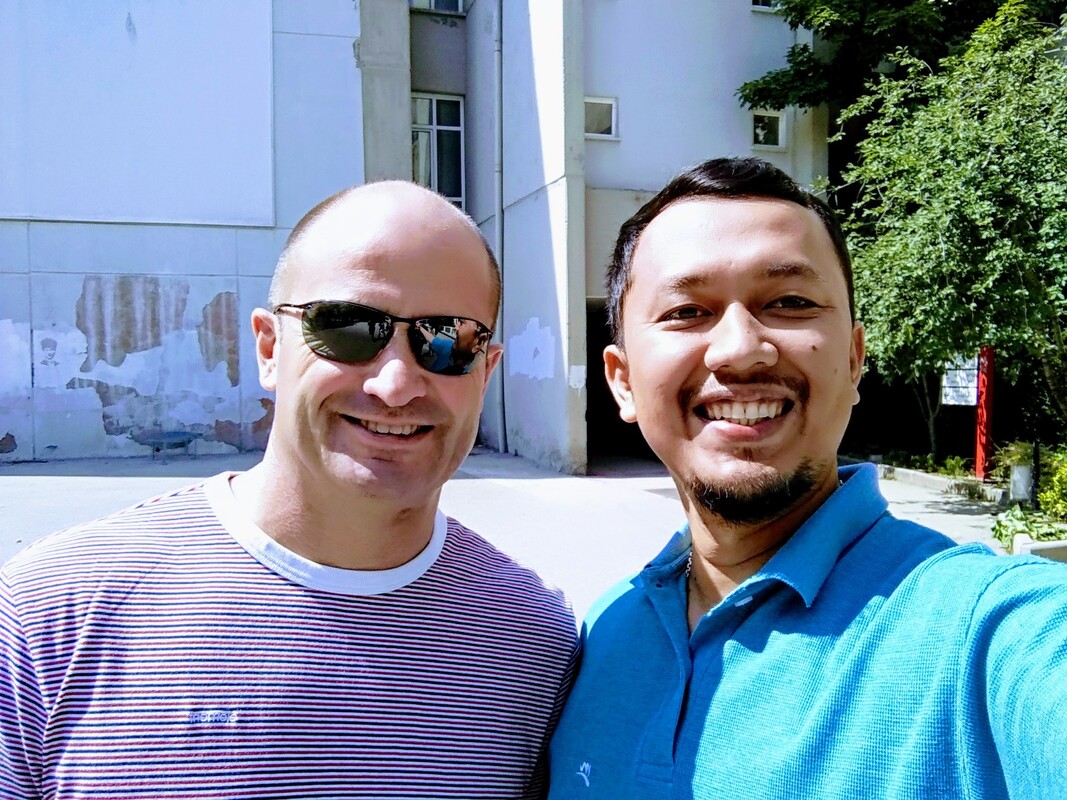
 RSS Feed
RSS Feed
